Luis Buñuel's Human Design Chart
4/6 Sacral Manifesting GeneratorSpanish filmmaker who began his cinema studies in Paris in 1925; within a year he was an assistant director. Bunuel shot a surrealistic film with Dali in 1930, his surrealistic masterpiece, “The Golden Age.”
In a speech he once said, “In the hands of a free spirit, the cinema is a magnificent and dangerous weapon.” It was a weapon the great Spanish director wielded with mischievous and mysterious humor. Preoccupied with sexual aberrations and far-out fetishes, he assaulted the church, the establishment and middle-class morality with equal fervor, eliciting a public outcry from the beginning of his career.
Bunuel was given a Catholic education, served in the Mass and became fluent in Latin. In his teen year, he lost his faith in the church. The obsessions that drove him included communism, fetishism, hatred of the Franco regime that had forced him into exile in 1936 and his equal loathing of the Catholic Church.
At 17, he went to Madrid where he cultivated the banjo, the bosing ring and the brothel. His studies were widely eclectic and his friendships brimmed with the writers and thinkers of his day, including Lorca and Dali. After leaving Spain in 1925, cinema was a natural medium for his voice.
Working in France, Spain, Mexico and the U.S. Bunuel created films that included “Diary of a Chambermaid,” 1964 “Belle De Jour,” 1967 and “The Milky Way,” 1969. He published his autobiography, “My Last Sigh,” in 1983, a delightful book, filled with typically sly, iconoclastic observations. When he first went to Hollywood, his proudest moment was being thrown off the set by Garbo. Nonetheless, he spent most of WW II in that film capital. In 1946, he moved to Mexico for close to 15 years. His American Oscar was awarded in 1973 for “The Discreet Charm of the Bourgeoisie.”
His French wife, Jeanne, wrote a book about their long and happy marriage, published in Spanish in 1990. After meeting in a friend’s studio in Paris, he courted her respectfully until their marriage eight years later.
Bunuel died on 7/29/1983, Mexico City, Mexico.
Link to Wikipedia biography
Discover More Famous People
Browse and analyze over 55,000 public figures and celebrities.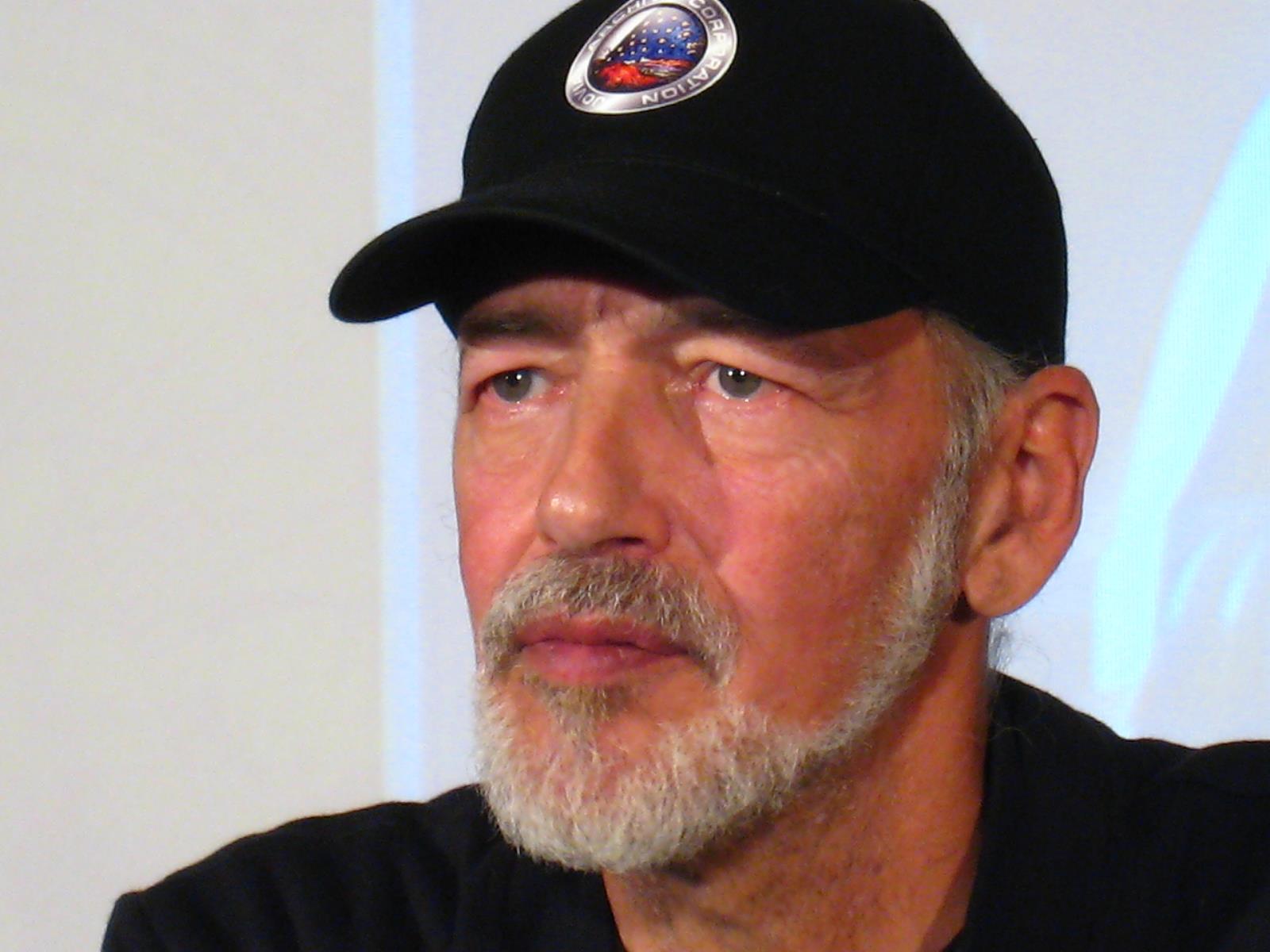
Ra Uru Hu
5/1 Manifestor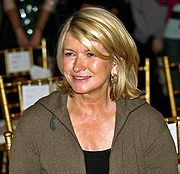
Martha Stewart
4/6 Manifestor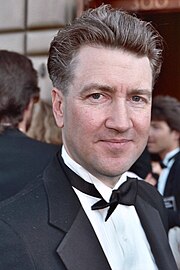
David Lynch
4/6 Generator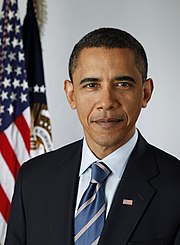
Barack Obama
6/2 Projector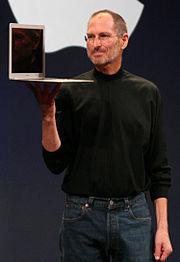
Steve Jobs
6/3 Generator
Vladimir Putin
5/1 Manifestor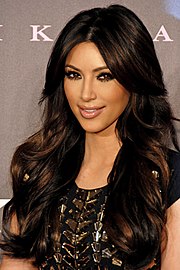
Kim Kardashian
3/5 Generator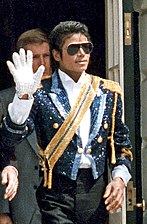
Michael Jackson
1/3 Projector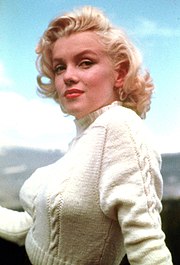
Marilyn Monroe
6/2 Projector
Ariana Grande
2/4 Projector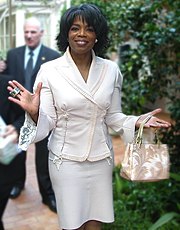
Oprah Winfrey
2/4 Generator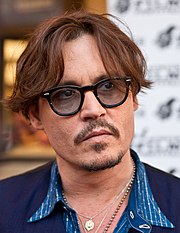
Johnny Depp
2/4 ManifestorWhat is HumanDesign.ai and how does it work?
Curious what makes Luis Buñuel tick? HumanDesign.ai instantly maps their exact birth data into a fully interactive clickable bodygraph chart, letting you hover or tap every center, channel, and gate for plain-language explanations. Bella, the platform’s built-in AI guide, adds context in real time, translating complex mechanics into everyday insights so you can see how Luis Buñuel’s strengths, challenges, and life themes play out on-screen.
The same tools are waiting for you. Generate your own Human Design Chart in seconds, open a library of 2000+ suggested questions, and chat with Bella as often as you like to decode your design, daily transits, and even relationship dynamics.
Want to compare energies? Save unlimited charts for friends, family, or clients, then ask Bella to reveal compatibilities, composite patterns, or coaching tips, all in one conversation thread.
Start free with core features, or unlock our Personal and Pro plans for deeper dives: unlimited Q&A, celebrity chart search spanning 55,000+ public figures, white-label PDF reports, branded content generation, and a professional profile with built-in booking for practitioners. Whether you’re exploring your own potential or guiding others, HumanDesign.ai delivers an ever-expanding toolbox of AI-powered insights—no spreadsheets, no jargon, just clarity at your fingertips.
Ready to see yours? Signup for FREE today!
